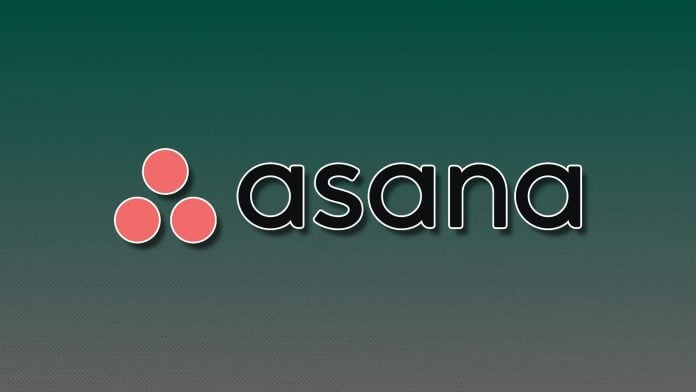Despite the growing hype surrounding artificial intelligence, many knowledge workers are still hesitant to fully embrace AI agents, according to recent research from Asana’s Work Innovation Lab. The study reveals a significant trust gap, with 62% of workers viewing AI agents as unreliable. As AI integration continues to evolve, this skepticism poses both challenges and opportunities for small businesses looking to leverage technology for improved efficiency.
Currently, workers are only delegating 27% of their workload to AI agents, though that figure is projected to rise to 43% within three years. Intriguingly, this hesitance exists alongside a high level of engagement; 77% of respondents report using AI agents in various capacities. Dr. Mark Hoffman, lead at Asana’s Work Innovation Lab, emphasized this paradox, stating, “The lack of trust is striking given how much they anticipate delegating in the future.”
So, what tasks are workers actually assigning to these AI systems? The most common applications include taking meeting notes (43%), organizing documents (31%), and scheduling meetings (27%). While these functionalities hint at the efficiency benefits of AI, the troubling question remains: who is responsible when something goes wrong? The study indicates a diffuse sense of accountability, with 33% of knowledge workers unsure of who to blame when AI misfires.
The absence of clear ethical frameworks further complicates the picture. Asana’s survey shows that only 14% of organizations have established ethical guidelines for AI agents, while 31% allow employees to create AI tools without oversight. This laissez-faire approach could introduce risks that small businesses might not be prepared to manage. Almost two-thirds of workers believe accuracy should be a primary metric for evaluating AI, yet only 19% of organizations currently monitor error rates.
For small business owners, the reluctance to embrace AI reflects real concerns that must be addressed before widespread adoption can occur. More than half of workers have requested formal usage guidelines, while 82% believe proper training is essential for success. Unfortunately, only 38% of firms seem willing to invest in the necessary training, which can deter effective integration of AI into daily operations.
There is a consensus among experts that addressing these issues will be critical for small businesses that want to incorporate AI agents more aggressively. As Dr. Hoffman puts it, “Organizations will only see value from AI agents if they treat them like teammates, not tools.” Without clarifying responsibilities and fostering an environment for feedback and learning, small businesses may find that their AI investments do not yield the desired results.
So, how can small business owners encourage their teams to delegate tasks to AI? One effective approach is to start small. Dr. Hoffman suggests evaluating tasks based on three criteria: energy, risk, and frequency. Identify tasks that drain energy or are low-risk to automate, thus finding a manageable entry point for AI integration. “Just start with one,” he advised, reinforcing that experimentation is key to understanding how AI can best serve specific operational needs.
While the potential benefits of AI agents are vast, they come with inherent risks that demand careful navigation. Workers express frustration that many bots fail to meet basic expectations, often creating more work instead of alleviating it. Negative perceptions spike when AI is seen as encroaching on creative or strategic roles.
Evaluating where to deploy AI strategically can optimize its utility while preserving the human aspects of work that employees value most. Many workers draw lines when it comes to creative tasks or social interactions, signifying a reluctance to let AI handle elements that define their professional identities. This presents small business owners with a challenge: how to balance efficiency with the need for human oversight and emotional intelligence in the workplace.
The key takeaway for small business owners is the need for a thoughtful approach to AI integration. Understanding worker apprehensions and ensuring they have the tools and frameworks to navigate these new technologies will be essential for any organization looking to thrive in a rapidly evolving landscape. As workers and businesses gradually navigate this trust gap, more effective use of AI agents will likely emerge.
For further details and insights, you can read the complete study at The AI Economy.
Image Via BizSugar



